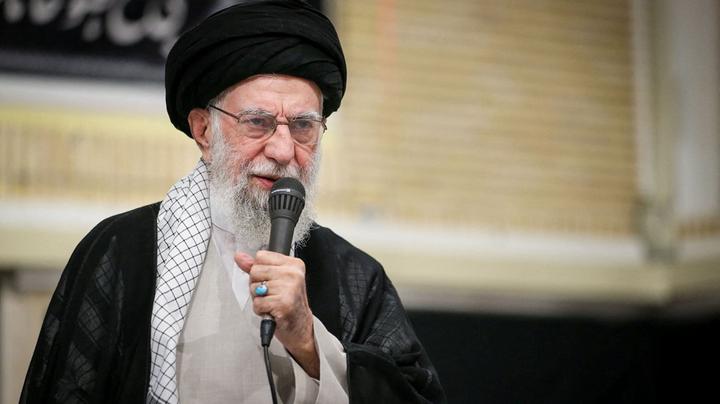According to a report by Telegraph, on Wednesday November 12, 2025, a former senior Iranian environmental official has characterized the nation’s ongoing water crisis as more catastrophic than military strikes, suggesting that natural forces may pose a greater threat to the Islamic Republic than any foreign adversary.
Kaveh Madani, who previously served as deputy head of Iran’s environment department, offered a stark assessment of the drought’s potential impact compared to conventional warfare, highlighting the existential nature of the water emergency confronting the country.
“What nature is doing to Iran right now is something that President Trump and Prime Minister Netanyahu could not have wished for,” Madani stated. “What is happening is much worse than those bombs that were dropped on Iran.”
The comparison underscores the severity of Iran’s water crisis, which has left Tehran’s reservoirs with approximately nine days of drinking water remaining. President Masoud Pezeshkian has warned that the capital city of 10 million residents may require evacuation if rainfall does not arrive soon.
Madani’s assessment suggests that environmental catastrophe may accomplish what sanctions, street protests, and military strikes have failed to achieve in challenging the Iranian government’s stability. His remarks come as the nation enters its sixth consecutive year of drought conditions, an unprecedented duration that he says could “paralyse any government anywhere in the world.”
The water shortage affects the entire country, with Mashhad’s reservoirs depleted to less than three percent capacity and 19 major dams nationwide approaching complete depletion, according to the energy ministry. The crisis has even threatened Persepolis, the ancient Persian capital, where archaeologists warn that groundwater depletion could cause the historic site to collapse.
Madani, who was forced to flee Iran after warning about water bankruptcy in 2017, emphasized that the current administration inherited problematic water management decisions from previous governments. He noted that both immediate water reserves in mountain reservoirs and long-term groundwater supplies have been exhausted.
The former official stressed that at this stage, no solutions remain beyond emergency responses and appeals for citizens to reduce consumption or consider relocating to decrease water usage.
President Pezeshkian has attributed the crisis only partially to a 40 percent decline in rainfall, pointing instead to reckless development that drained aquifers and allowed Tehran to expand beyond the landscape’s capacity to support its population. View, More,
Explore More News By Using The Button.

